Critic of the Month with Ian Dickson
 Ian DicksonIan Dickson reviews theatre and books for ABR and is the co-author of the musical Better Known As Bee. As a schoolboy, visiting London in the 1960s to catch Saturday matinees, Ian developed his obsession with the performing arts, which followed him through degrees at the University of NSW and Yale. A lifetime spent one way or another around the theatre has made him understand the importance of the critic to make a record of that most ephemeral art.
Ian DicksonIan Dickson reviews theatre and books for ABR and is the co-author of the musical Better Known As Bee. As a schoolboy, visiting London in the 1960s to catch Saturday matinees, Ian developed his obsession with the performing arts, which followed him through degrees at the University of NSW and Yale. A lifetime spent one way or another around the theatre has made him understand the importance of the critic to make a record of that most ephemeral art.
When did you first write for ABR?
June 2013, when I reviewed Richard Davis’s biography of Marjorie Lawrence.
What makes a fine critic?
The critic must have a real knowledge and understanding of what they are reviewing. Although there are critics, including, apparently, a certain former British prime minister, who can write hilarious put-downs of works they haven’t bothered to read or see, it’s more useful to the reader if the critic has some connection to the work reviewed.
We should get some sense of a critic’s personality from their writing. To be a critic is, by definition, to have opinions. No one approaches a book or a play as a blank slate. While one would not want a critic to be completely predictable, it helps to know where they are coming from.
They should have a passion for their subject and the ability to transmit that passion to their readers. Over the years, I have discovered countless writers, musicians, and artists about whom I knew nothing, thanks to the advocacy of reviewers.
A fine critic must also be a fine writer.
Which critics most impress you?
I grew up in England following Kenneth Tynan, who seemed dazzling at the time. Reading him now I find he hasn’t dated that well. For poetry I read Helen Vendler. For practically anything I read Clive James. I learned an enormous amount from music critic Andrew Porter’s erudite, enthusiastic work, a tradition which Alec Ross is continuing at the New Yorker. I am not a great fan of dance, but Arlene Croce had the ability to link even the most esoteric work to the outside world. Sticking with The New Yorker, Antony Lane’s razor-sharp wit and wide range of reference would have made him a welcome guest at the Algonquin round table. Finally, John McDonald’s uncompromising opinions are frequently a refreshing counterpoint in local discussions of the visual arts.
Do you accept most books offered you or are you selective?
I only decline a review if I feel I have no rapport with the writer or their subject or, as happened recently, I don’t think the book deserves a review.
What do you look for in an editor?
One who will correct my spelling, encourage me to clarify my more arcane comments, break up my interminable sentences, and not overdo the semi-colons. Also, one who supports, encourages, and challenges.
Do you write with a particular reader in mind?
Yes. One who, with fiendish delight, picks up any factual errors, evasions, or misunderstandings.
Hypocrite lecteur – mon paranoia – mon peur.
Do you receive feedback from readers or authors?
Yes, but mainly for theatre reviews, rarely for books. They are either: ‘Thank you for saying what we felt’ or ‘Did you go to the same play I went to?’ Whichever it is, it’s always good to know that there are readers who are committed enough to react.
What do you think of negative reviews?
If there weren’t negative reviews, positive reviews would be meaningless. Having said that, a negative review should treat the performers or writers seriously. Mockery is easy, cheap, and of no use to anyone.
How do you feel about reviewing people you know?
To quote Bartleby, I would prefer not to.
How different, if at all, are theatre reviews from book reviews?
The difference is in the timing. One can spend weeks on a book review, but a theatre review is based on an instant reaction. I have huge respect for those critics who would phone in their reviews to their paper’s night editor minutes after the performance finished. The challenge with a theatre review is to develop a nuanced reaction in a short time.
What are a critic’s primary responsibilities?
A critic’s primary responsibilities are equally to their readers and to the performers or writers they are reviewing. To be clear and informative when addressing the former, and to be accurate and respectful when writing about the latter.


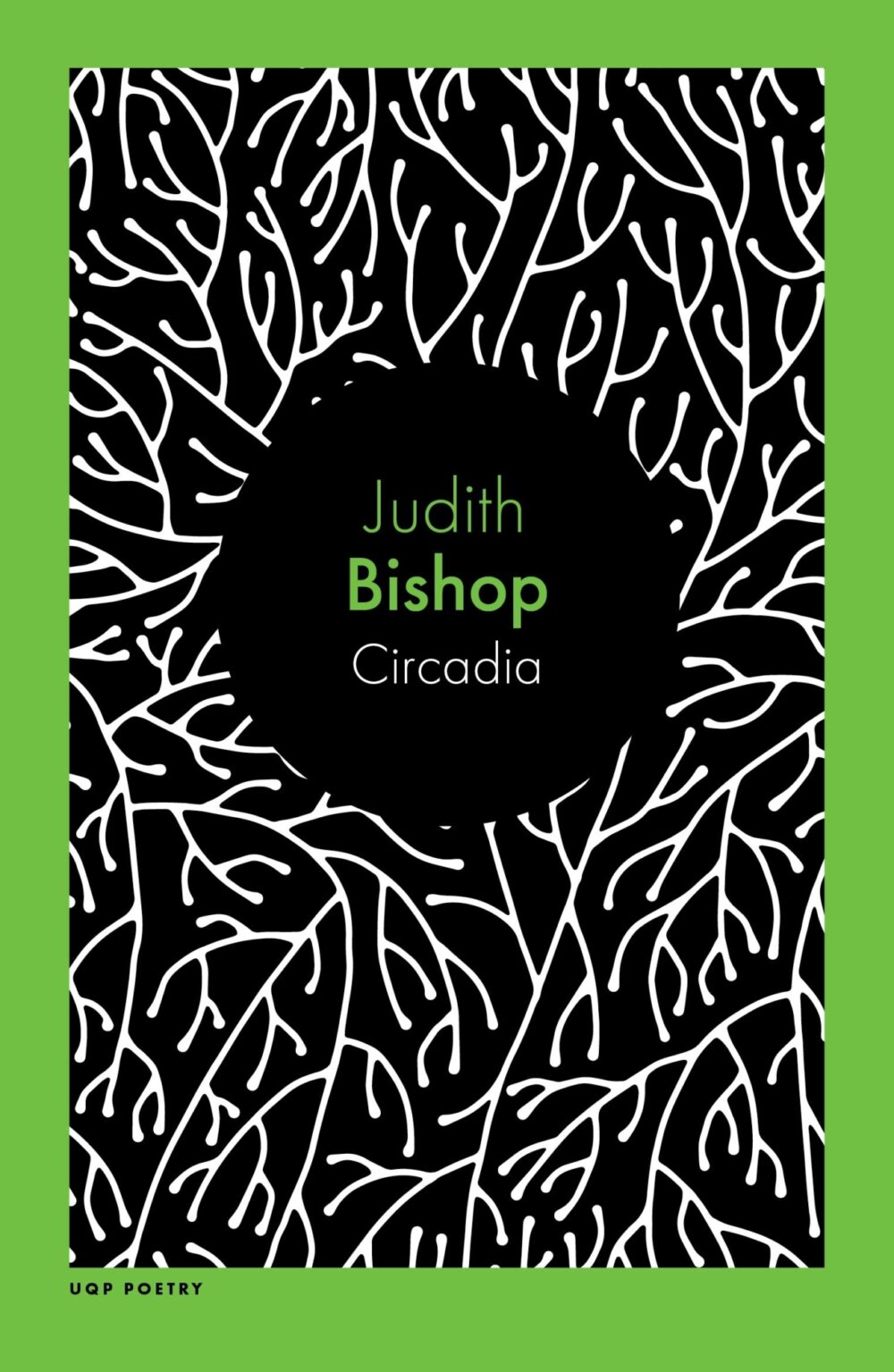
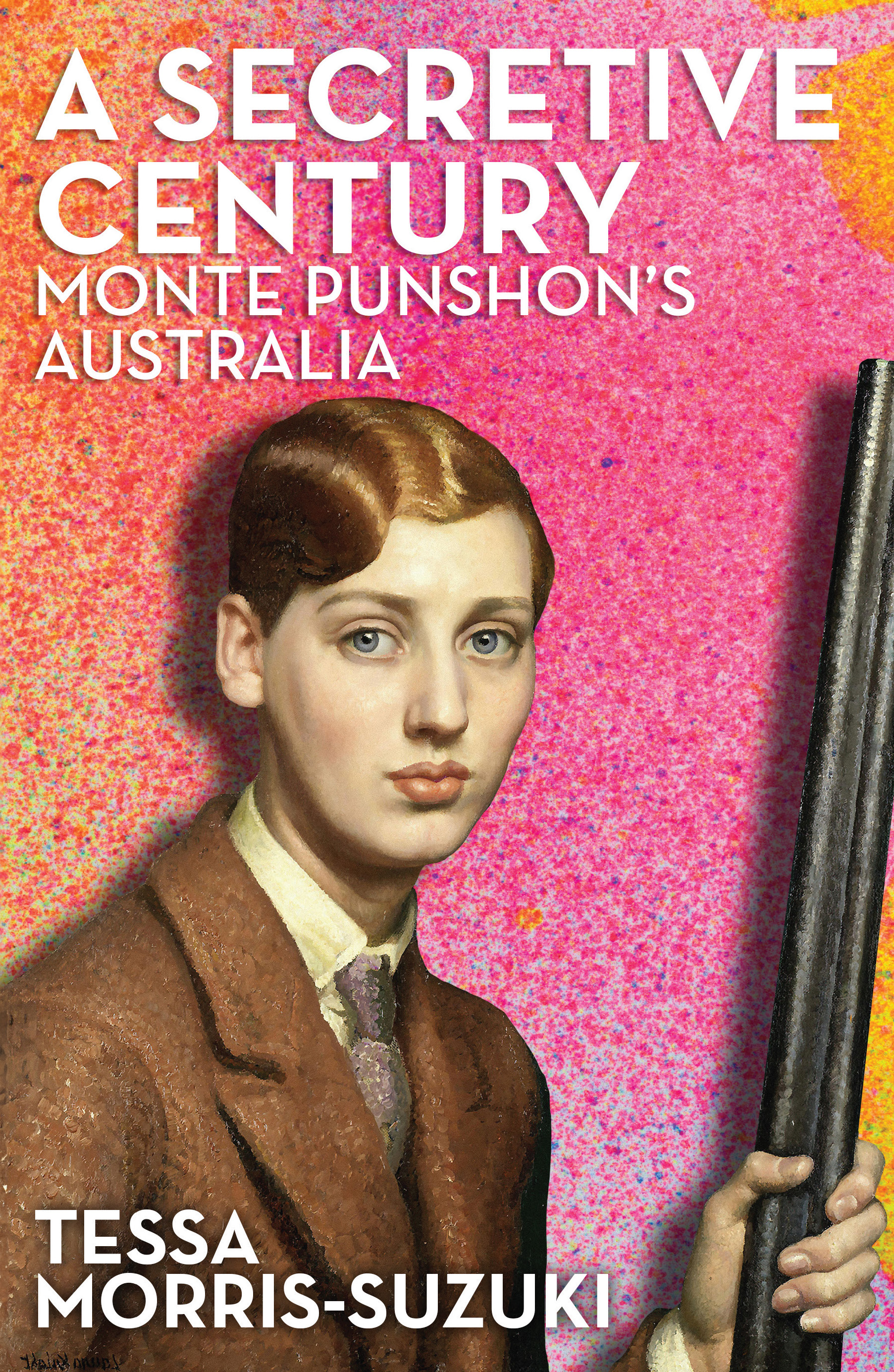

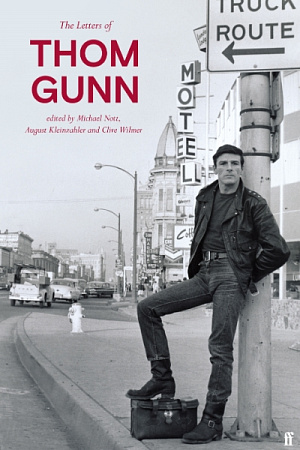

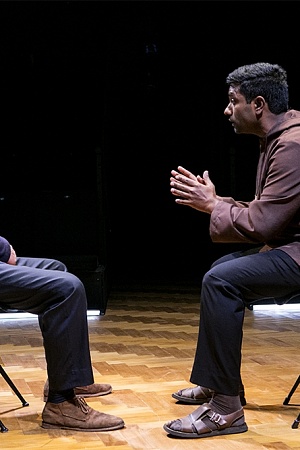
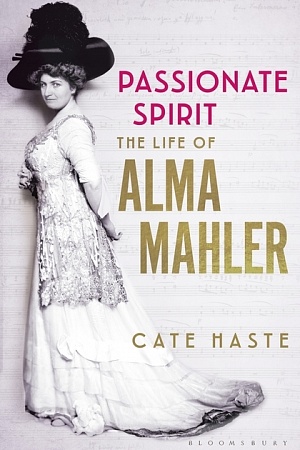
Leave a comment
If you are an ABR subscriber, you will need to sign in to post a comment.
If you have forgotten your sign in details, or if you receive an error message when trying to submit your comment, please email your comment (and the name of the article to which it relates) to ABR Comments. We will review your comment and, subject to approval, we will post it under your name.
Please note that all comments must be approved by ABR and comply with our Terms & Conditions.